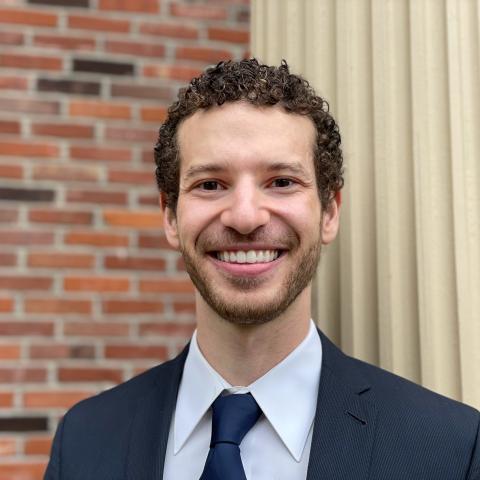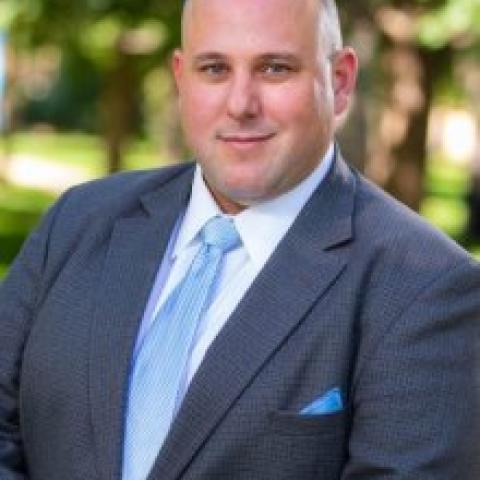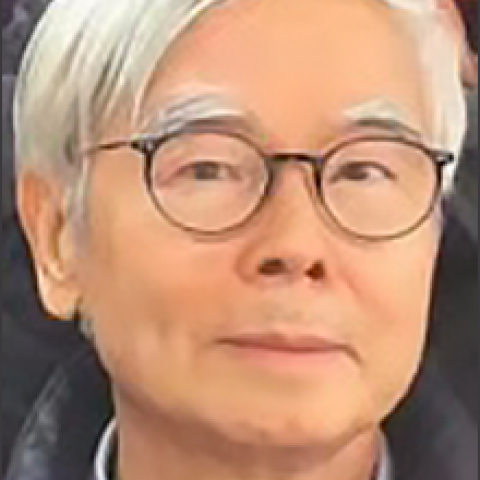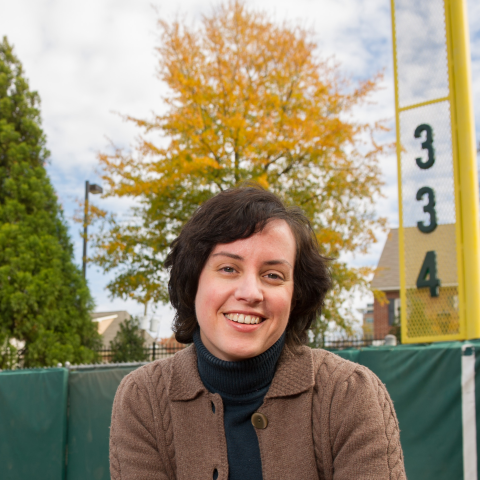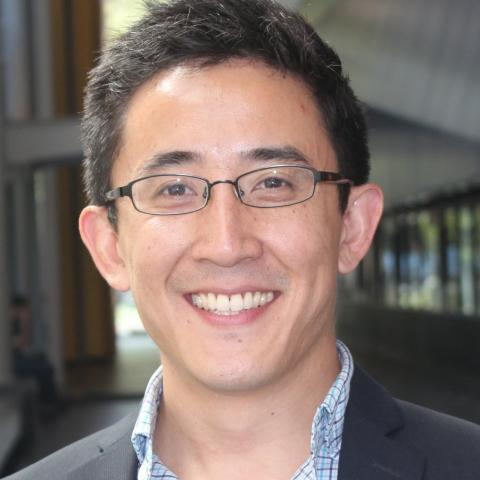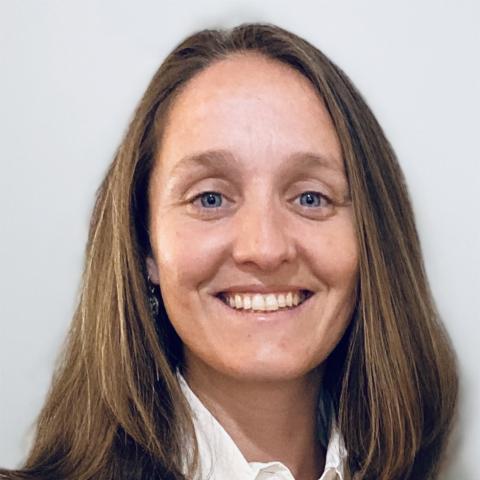Suman Datta

Suman Datta is the Joseph M Pettit Chair of Advanced Computing and Georgia Research Alliance (GRA) Eminent Scholar and Professor in the School of Electrical and Computer Engineering at Georgia Tech. He received his B.Tech degree in electrical engineering from the Indian Institute of Technology, Kanpur, India, and his Ph.D. degree in electrical and computer engineering from the University of Cincinnati, Ohio. His research group focuses on semiconductor devices that enable new compute models such as in-memory compute, brain-inspired compute, cryogenic compute, resilient compute etc.
From 2015 to 2022, Datta was the Stinson Endowed Chair Professor of Nanotechnology in the Electrical Engineering Department at the University of Notre Dame, where he was the Director of a multi-university microelectronics research center, ASCENT, funded by the Semiconductor Research Corporation (SRC) and the Defense Advanced Research Projects Agency (DARPA). Datta also served as the Director of a six-university research center for Extremely Energy Efficient Collective Electronics (EXCEL), funded by the SRC and National Science Foundation (NSF) to explore an alternate computing hardware that leverages continuous-time dynamics of emerging devices to execute optimization, learning, and inference tasks.
From 2007 to 2015, he was a Professor of Electrical Engineering at The Pennsylvania State University, where his group pioneered advances in compound semiconductor-based quantum-well field effect transistors and tunneling field effect transistors.
From 1999 to 2007, he was in the Advanced Transistor Group at Intel Corporation, where he led device R&D effort for several generations of high-performance logic transistors such as high-k/metal gate, Tri-gate and strained channel CMOS transistors. He has published over 425 journal and refereed conference papers and holds more than 187 issued patents related to semiconductor devices. In 2013, Datta was named a Fellow of the Institute of Electrical and Electronics Engineers (IEEE) for his contributions to high-performance advanced silicon and compound semiconductor transistor technologies. In 2016, he was named Fellow of the National Academy of Inventors (NAI) in recognition of his inventions that have made a tangible impact on quality of life, economic development, and the welfare of society.
High-performance heterogenous compute with advanced CMOSBrain-inspired collective state computing with advanced CMOS and beyond-CMOS semiconductorsEmerging semiconductors like ferroelectric field effect transistors, insulator-to-metal phase transition oxides, high mobility semiconducting oxides for near and in-memory compute and storageSemiconductors for cryogenic computing and harsh environment computing
